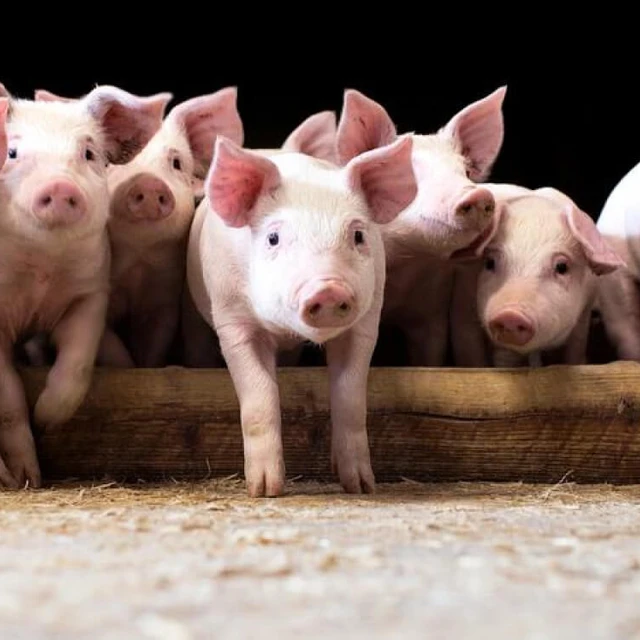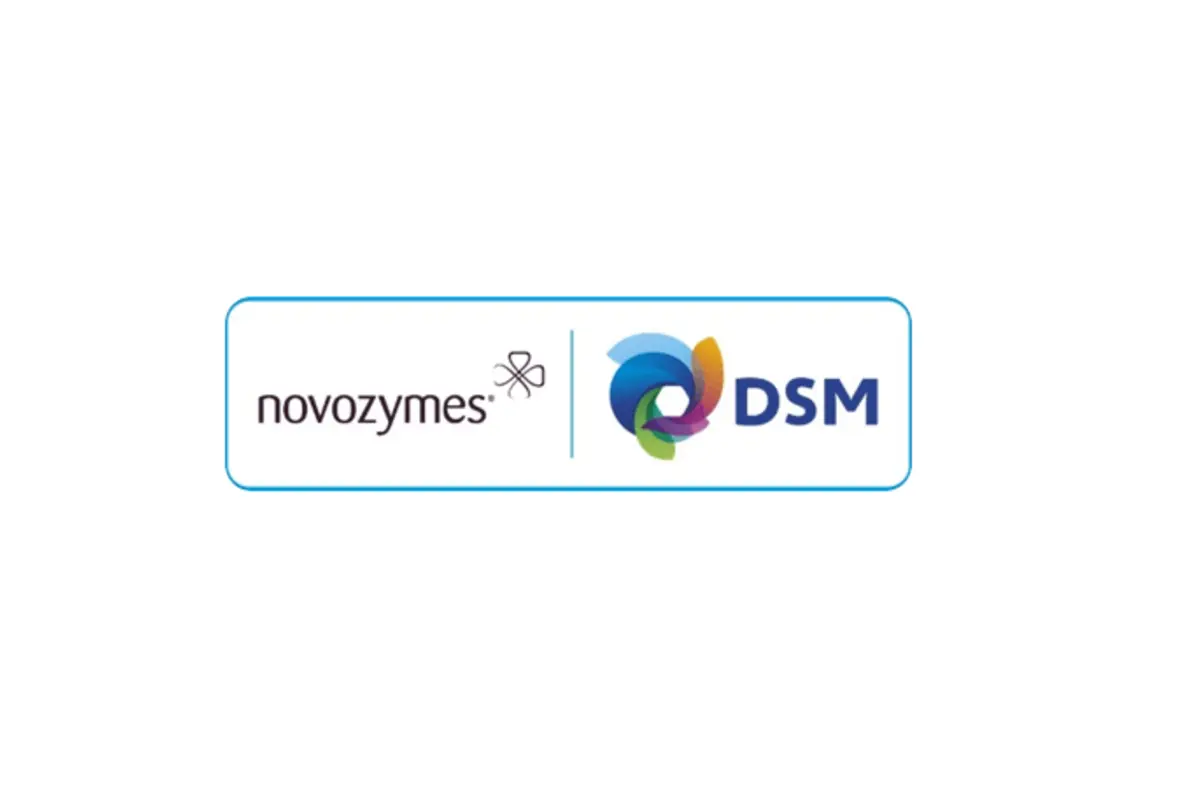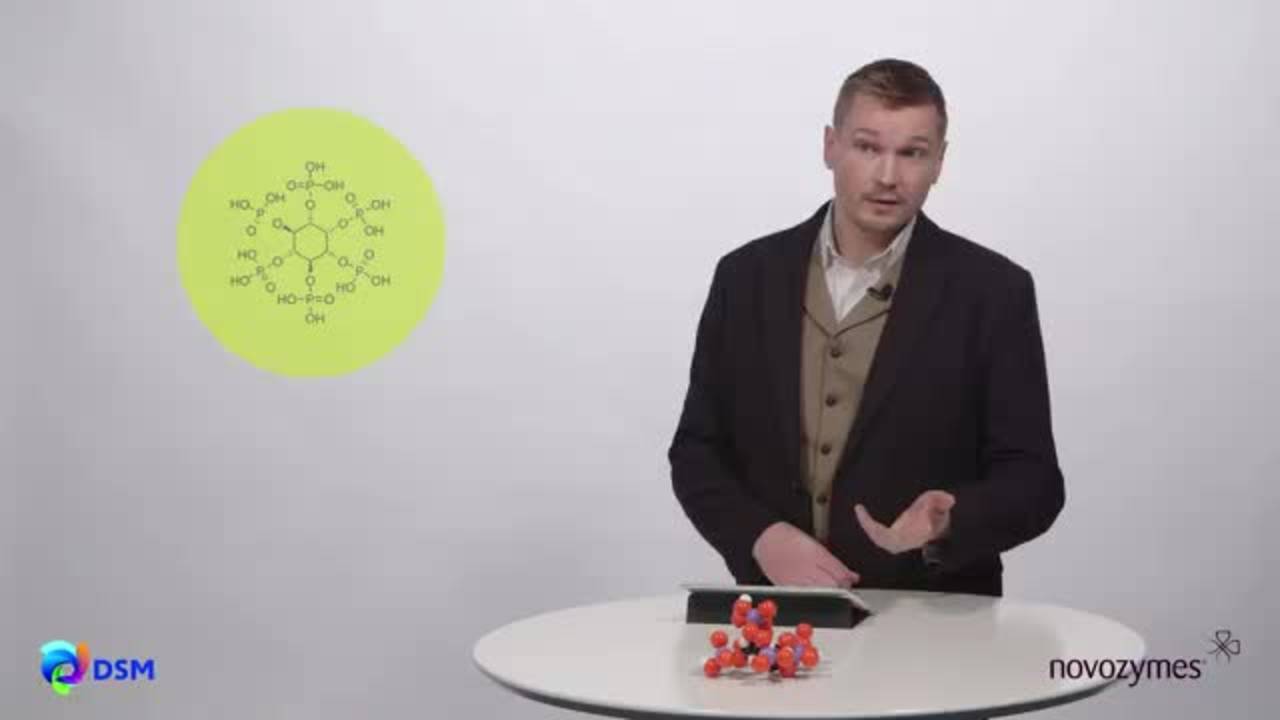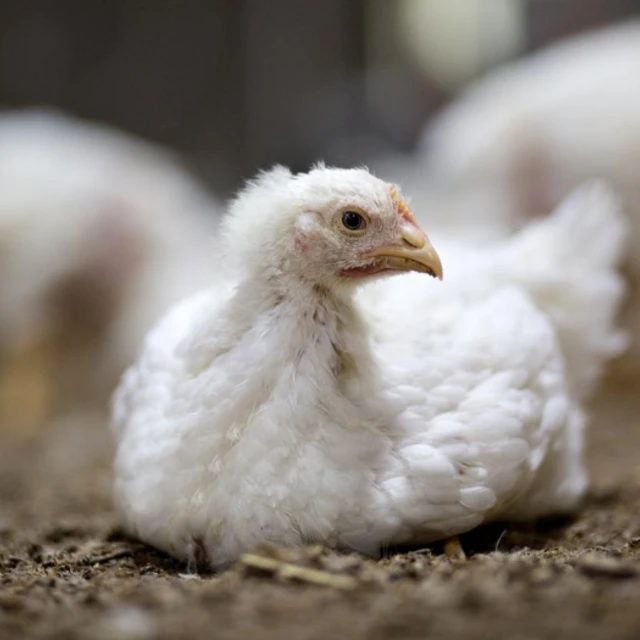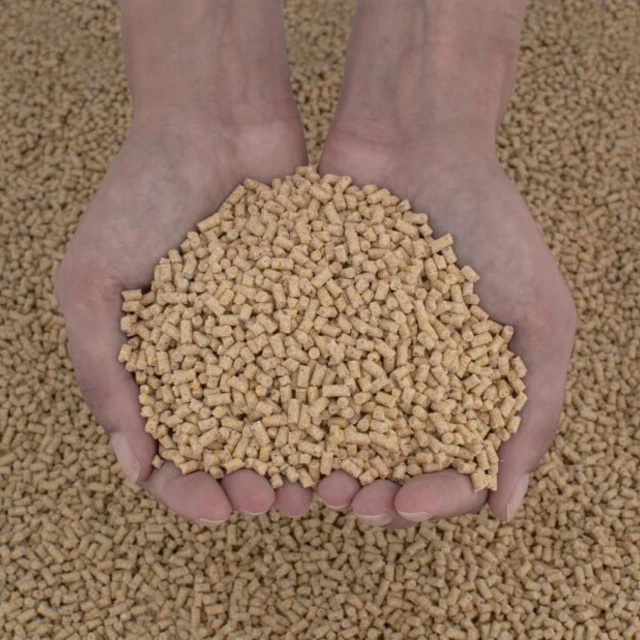The Alliance is greater than the sum of its parts
More than twenty years ago, two pioneers perceived the potential of feed enzymes and joined forces to explore the benefits of these innovative compounds. Combining their complementary capabilities and working hand in hand with their customers, they created a unique Alliance that has developed the industry’s most complete and innovative feed and gut health enzymes portfolio: The DSM | Novozymes Feed Enzymes Alliance.
Our pioneering partnership delivers improved animal performance while making a ground-breaking contribution to the sustainability of global livestock farming. And even as we look back on the first two decades of solving industry challenges together, this is just the start of our story: feed enzymes will play an increasingly key role in sustainable animal production in the years to come.
